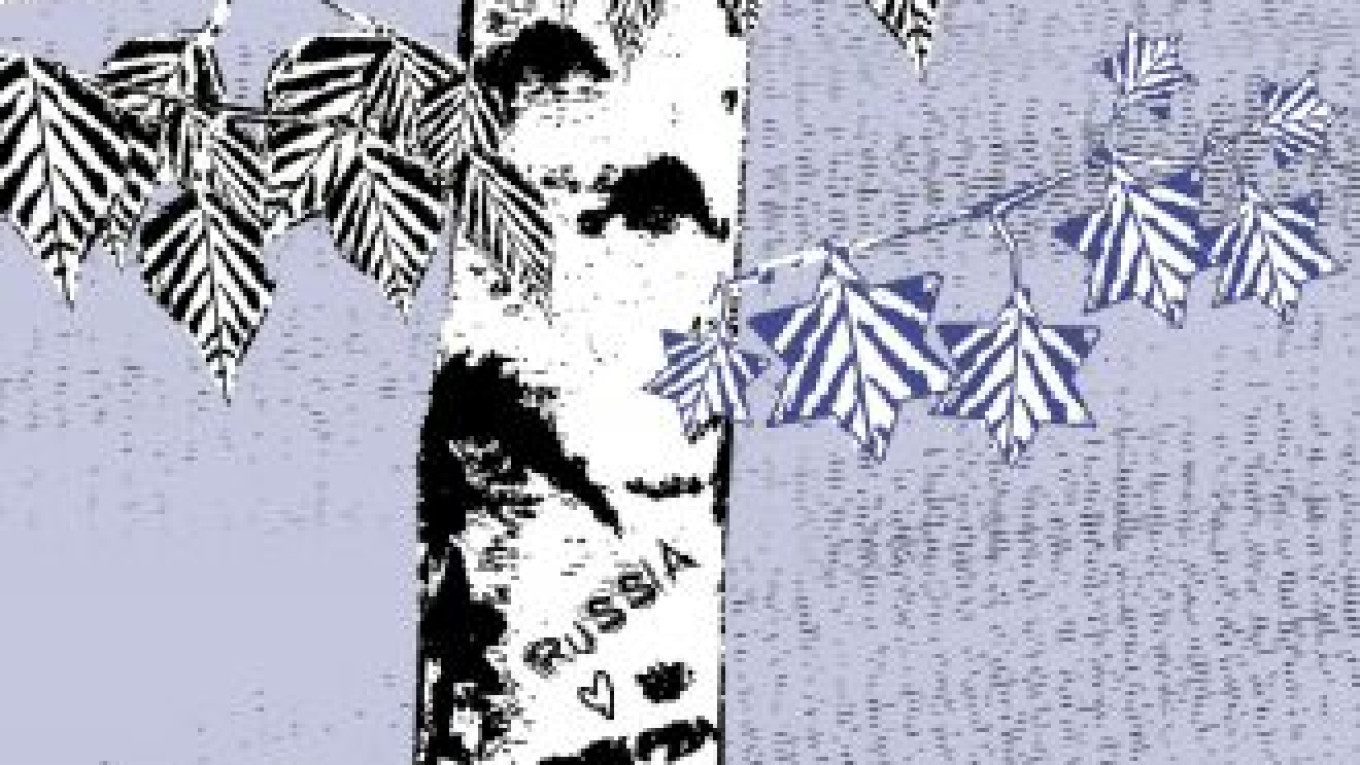After last December's elections to the State Duma, a number of Russian citizens went to the studios of the web TV channel Dozhd to tape a short message explaining why they and their country need free and fair elections. While speaking, each held a handwritten sign with his or her name and occupation.
Recently, someone gathered still photographs of participants with Jewish last names and made a YouTube , set to a Jewish tune and accompanied by the statement: "We, Russians, don't deceive one another."
The obvious intention of this anti-Semitic prank was to show that the opposition to Prime Minister Vladimir Putin's regime consists mostly of Jews (and a handful of members of other ethnic groups) and that a true Russian patriot should not rock the boat but support the status quo. This, of course, used to be a typical trick of Soviet propaganda, when dissidents' Jewish names were, whenever possible, prominently mentioned. When dissidents were not Jews, as in the case of leaders of the dissident movement such as writer Alexander Solzhenitsyn and physicist Andrei Sakharov, the KGB spread rumors that they were. Or they said Sakharov, a naive and innocent academician, was under the spell of his devious Jewish wife Yelena Bonner. Then, as now, the implication was that only Jews would want Russia to be free, democratic and join the community of nations on an equal footing, and not as a pariah state.
(A curious variation on this splendid theme is the belief among extreme Russian nationalists that Russia is ruled by the Jews. There used to be murky circles in the Soviet Union of my childhood in which it was held that Leonid Brezhnev and his Politburo were Jews. Today's nationalists, monarchists and other "real Russians" like to point out that Putin's entourage includes people with names like Abramovich, Fridman and Rotenberg and that his first political patron was St. Petersburg Mayor Anatoly Sobchak. Ironically, Sobchak's daughter Ksenia, a television journalist, is also featured prominently in the anti-Semitic video that attacks the pro-democracy movement.)
Officially, Russia has 200,000 Jews, but if children of mixed marriages and those who for one reason or another downplay their Jewish origins are included, the number rises to about 650,000. That's impressive, considering that in recent decades so many have left. Russia's Jewish community is still large and vibrant.
When I was in Moscow in January, I was fortunate enough to be given a private tour of the in Russia by Hillel Kazovsky, ?° leading expert in Jewish artistic avant-garde. It is one of Moscow's newest museums, and it houses the amazing private collection of businessman Sergei Ustinov. Each of its several rooms is devoted to a different aspect of Jewish life, including religion, family, politics, literature and theater. Even funerals are covered, with one of the most stunning artifacts being a horse-drawn hearse set against a panoramic color photograph of a Jewish cemetery in Ukraine.
The collection traces the Jews' 200-year transition from an insular community on the fringes of the empire into its mainstream. Russia and the early Soviet Union saw a flowering of Jewish life and culture. Much of it was in Yiddish and some in Hebrew, but the most important story was the crossing over and melding of Jews into the Russian world. In the late 19th century, musician Anton Rubenshtein and landscape painter Isaac Levitan were purely Russian, not Jewish artists, as were hundreds of Jews who came to prominence in the Silver Age after 1900. They became assimilated, but on their own terms, retaining a separate identity. It was the Russian culture instead that, like all of the world's great cultures, expanded to incorporate other influences.
Numerous Jews who became active in politics (mainly on the left) were Russian politicians, just as businessmen, engineers, scientists and professionals were part of Russia.
The Jewish world shown at the museum gave rise to a remarkable burst of energy across Central and Eastern Europe. This world has now disappeared. In 1939, when the number of Jews worldwide peaked at 16.7 million, fully one half lived in the broad swath running north-south between Berlin and Moscow. Now, hardly any Jews remain in Poland or Romania, while Hungary and Ukraine have about 100,000 between them.
Russia is the only country in this cradle of contemporary Jewish culture where any significant number of Jews remain. The nice thing about the ugly episode with the anti-Semitic video is that it proves that the Jewish community is thriving in the mainstream of Russian society and that it will endure, regardless of what anti-Semites have to say about it.
Alexei Bayer, a native Muscovite, is a New York-based economist.
A Message from The Moscow Times:
Dear readers,
We are facing unprecedented challenges. Russia's Prosecutor General's Office has designated The Moscow Times as an "undesirable" organization, criminalizing our work and putting our staff at risk of prosecution. This follows our earlier unjust labeling as a "foreign agent."
These actions are direct attempts to silence independent journalism in Russia. The authorities claim our work "discredits the decisions of the Russian leadership." We see things differently: we strive to provide accurate, unbiased reporting on Russia.
We, the journalists of The Moscow Times, refuse to be silenced. But to continue our work, we need your help.
Your support, no matter how small, makes a world of difference. If you can, please support us monthly starting from just $2. It's quick to set up, and every contribution makes a significant impact.
By supporting The Moscow Times, you're defending open, independent journalism in the face of repression. Thank you for standing with us.
Remind me later.


